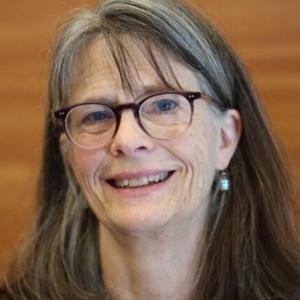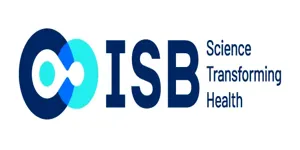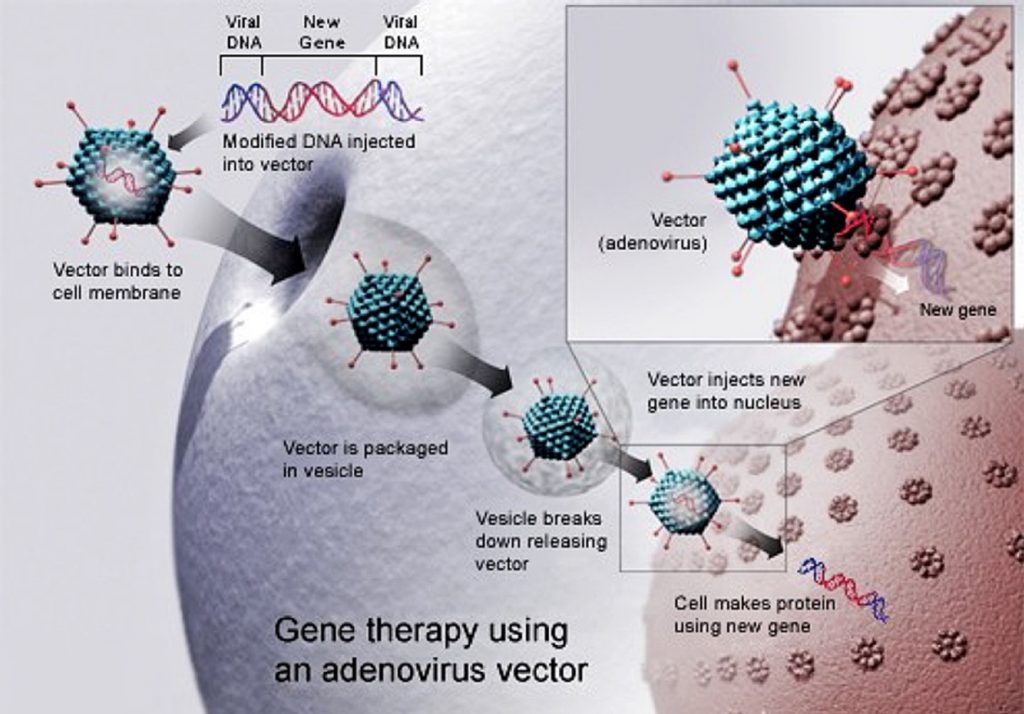Speaker Profile
Biography
Dr. Mary Brunkow is a recipient of the 2025 Nobel Prize in Physiology or Medicine, along with Drs. Fred Ramsdell and Shimon Sakaguchi, for groundbreaking discoveries in peripheral immune tolerance, including the identification of the FOXP3 gene and regulatory T cells. This work was done in the late 1990’s while she was at Darwin Molecular Corp., a pioneering gene-discovery biotech start-up in Bothell, WA (acquired by Chiroscience Group PLC, 1996; Celltech Group PLC, 1999), which closed in early 2004. Since 2009, as a Senior Program Manager in the Hood Lab at Institute for Systems Biology (ISB), and more recently at Phenome Health in Seattle, Brunkow has coordinated complex, multi-disciplinary projects that integrate human genetics, multi-omic profiling, and computational biology to uncover molecular mechanisms underlying wellness and disease. She is now also recognized as ISB’s Distinguished Investigator.
Session Abstract – PMWC 2026 Silicon Valley
Track Chair:
Ira Mellman, Medici Therapeutics
PMWC Award Ceremony
• Jedd D. Wolchok, Weill Cornell Medicine
• Suzanne Topalian, Johns Hopkins
• Levi Garraway, Roche
Keynote: Future Breakthroughs in Immuno-Oncology: New Targets, Modalities & Combinations
• Levi Garraway, Roche
Targeting the Tumor Microenvironment (TME) in Practice: Biomarkers & Combos
• Chair: Ira Mellman, Medici Therapeutics
• Dmitry Gabrilovich, AstraZeneca
• Jennifer Mataraza, Novartis
Immunotherapy with Personalized Cancer Vaccines: Who, When, How Fast?
• Chair: Suzanne Topalian, Johns Hopkins
• Tal Zaks, Orbimed
• Lelia Delamarre, Genentech
The Next Era: Neutralizing On-Target, Off-Tumor Effects by Turning Cancer Against Itself
• Cyriac Roeding, Earli
Fireside Chat: Immune Tolerance to Cure, A Conversation With...
• Lee Hood, Institute for Systems Biology
• Mary E. Brunkow, Institute for Systems Biology
ADCs in the Checkpoint Era: Who Benefits, What to Combine, What to Avoid
• Chair: Shreya Badhrinarayanan, Pfizer
• Gerold Meinhardt, Daiichi Sankyo
• Vadim Koshkin, UCSF
Strategic IP Management in Cell and Gene Therapy: Navigating Legal and Practical Challenges
• Janet Xiao, Morrison & Foerster LLP
Checkpoint 2.0 in Practice: PD-1+VEGF Wins, Resistance Salvage & Biomarker Gates
• Chair: Anne Kasmar, Parexel
• Jedd D. Wolchok, Weill Cornell Medicine
• Roy S. Herbst, Yale
Future Breakthroughs in TME Reprogramming: New Modalities, Smarter Delivery & Overcoming Resistance
• David Kirn, ReIGNITE
Radiopharmaceutical Therapy: New Targets, Isotopes, and Challenges
• Chair: William Oh, Yale
• Munir Ghesani, United Theranostics
• Sandy Srinivas, Stanford
• Anna Karmann, AdvanCell











